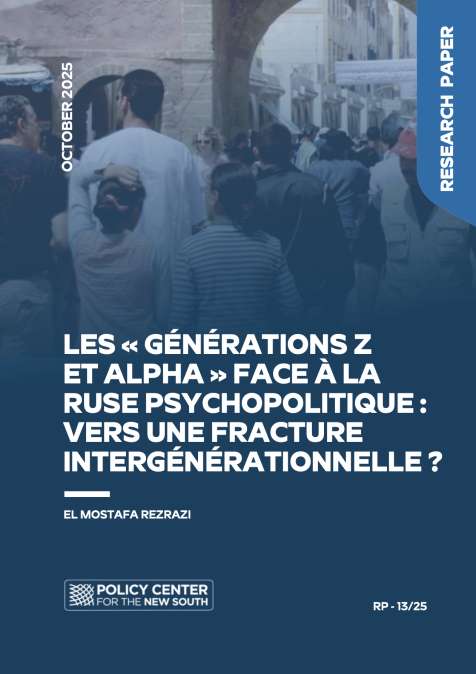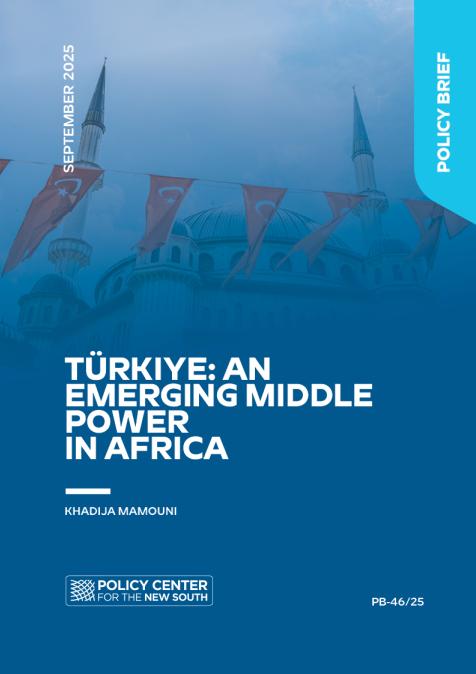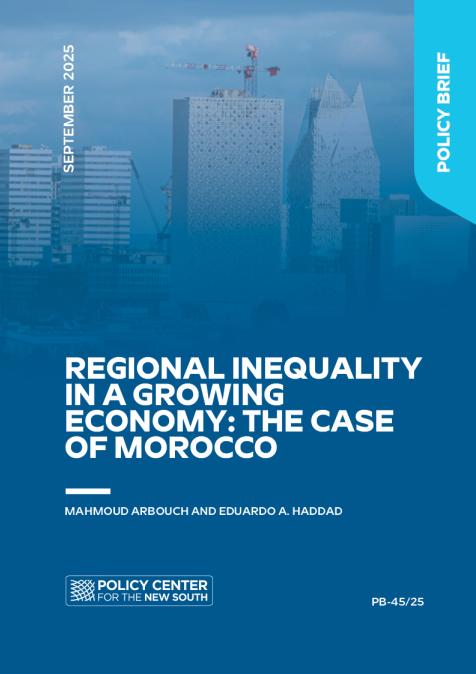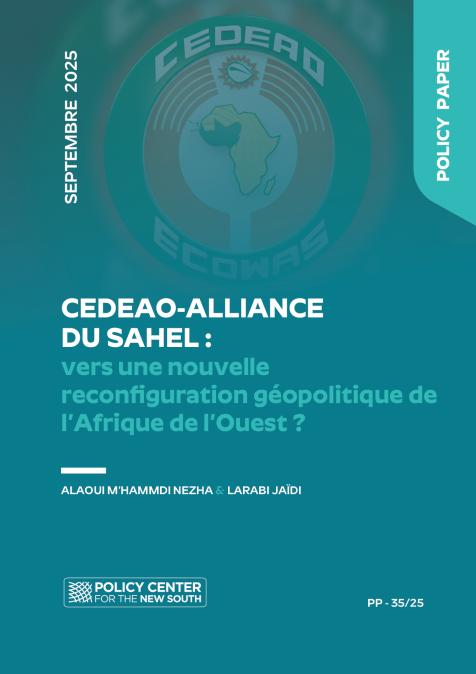Publications /
Opinion
Born and raised in Accra, Prince Boadu thrives on love and self-confidence. His role models are no other than his wife and two pastors in Ghana, Prophet Edem Julius-Cudjoe and Pastor Isaac Oti Boateng, founder of “Love Economy”, a mix of management and Christian spirituality. Prince Boadu’s own selfless dream is to “create pathways for others to succeed”.
Since 2016, he has settled in Darmstadt, a city close to Frankfurt. He works as a distribution requirements manager for P&G Health Germany GmbH. “I have no background in pharmacy”, he explains, “but it’s a matter of mindset, of always learning and adapting”.
How did he land in Germany? It’s a lifelong story. Prince Boadu grew up in police barracks in Accra. His mother was a police officer and his father a small entrepreneur, operating a few buses to feed his family. He first studied Building Technology at the Kwame Nkrumah University of Science and Technology (KNUST), thinking this was “not pure science” and could be useful. He then developed a strong interest in supply chain management, and got an MBA in Logistics and Supply Chain Management (2011-13).
For one year, in 2010-11, he was a teaching and research assistant at KNUST School of Business (KSB). There, he worked on the implementation of the Agricultural Skill Development Program, a partnership between KNUST, the World Cocoa Foundation, the US chocolate producer Archer Daniels Mildland (ADM Cocoa, subsidiary of Olam International) and Safmarine, a South African shipping company. He also assisted the Department in proposals leading to the establishment of the West Africa Institute for Supply Chain Leadership (WAISCL), to help businesses grow their markets and find competitive solutions.
After his MBA, he joined for a few months in 2014 the social entreprise Clean Team Ghana Ltd, providing affordable toilets facilities for the urban poor. He then became a fellow of Africa kommt!, a German program that brings together the “most visionary young leaders from Africa and leading German companies”. He was among the 30 selected from a pool of 3900 candidates to do a nine months internship, and was chosen by Merck KGaA. He worked in the consumer health division called Merck Selbstmedikation GmbH (MSM). His performance led him to get hired and promoted. After MSM got acquired by P&G, Prince took on the role as Manager for Distribution Requirements Planning and currently the distribution of pharmaceutical products to central, eastern and southern Europe, Latin America, Asia, Middle-East and Africa, leading a team of five distribution planners.
Helping others with The Kumasi Hive
His feet may be in Germany, but his heart still beats for the continent. His dream of “creating pathways for others to succeed” has everything to do with solidarity and a sense of sharing. Somewhat overrated qualities of African societies? He finds a need to go against “a general attitude of not making sure our fellow-citizens succeed”.
He co-founded in 2016 the Kumasi Hive, a coworking multipurpose innovation space based in the second biggest city in Ghana. He is still a director of this structure, proposing working spaces for entrepreneurs who cannot afford to pay rent, and organizing incubator programs to identify young entrepreneurs and lead them to potential funding. “The aim is to focus on hardware innovation, such as 3D printing and additive manufacturing, a radical shift from the traditional focus on software across the continent. We want to help a lot of the young innovators to really do their prototyping in a cost effective way”. The Hive has gathered the impressive support of 58 partners, including the Massachussets Institute of Technology (MIT), the MasterCard Fondation and Merck KGaA.
“We started putting our own money in Kumasi Hive, because in Ghana, you have to pay two years of rent in advance when you want a contract. My co-founder and I do not get paid yet, but we gave employment to 47 people, our current staff”. Over 3000 entrepreneurs have been helped since 2016, 200 events organized around skills with 4200 attendees, and about 6000 women trained for longer than six months.
The future : producing cheaper devices in Africa
Selected by the American magazine Forbes among the “Africa 30 under 30” in 2016, Prince Boadu is a World Economic Forum Global Shaper, and a TEDx organizer. He was also selected to be part of the fourth cohort of Atlantic Dialogues Emerging Leaders (ADEL) in 2015. Applying was a “no brainer” for him, but he was surprised to be selected.
“A fascinating program. If we are able to convene people of similar mindset and generate conversations, new solutions are born which inevitably spark innovation”. Impressed by the “Red City” architecture, he kept strong connections with the people he met in Marrakesh, through a WhatsApp group. In Marrakesh, he was not only invited to speak on stage and build a new narrative. Prince was also a beneficiary of the support of the Policy Center for the New South, for a project named “Girls in Biotech”.
The question is not if he will ever go back to Africa, but when: “If you pay attention to the global trends, the focus is now on the continent”. In the meantime, he is reading on innovation (he mentions The Prosperity Paradox by Clayton Christensen, Efosa Ojomo and Karen Dillon), and broadening his network in order to get “huge leverage” when he goes back home.
His “repat” move is linked to MapTech, a company based in Ghana he created in 2015 to elaborate mapped-based solutions for its clients, using location data. “We want to build a network of base stations instruments to collect data for agriculture, map areas with deforestation or air pollution, in collaboration with the Technology University of Delft in the Netherlands”. The next stage is to manufacture devices in Ghana that would be more affordable than their current market price (10 000 dollars), and work with governments to build national geodetic reference framework via base stations across the countries, to collect more data and map out geographical assets. Considering the lack of data still hindering decision makers in Africa, this business is on a promising pathway to succeed. As Prince Boadu puts it, “wherever huge problems exist, huge opportunities also lie”.







